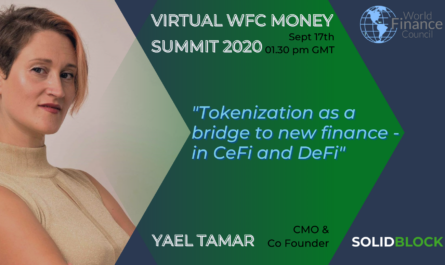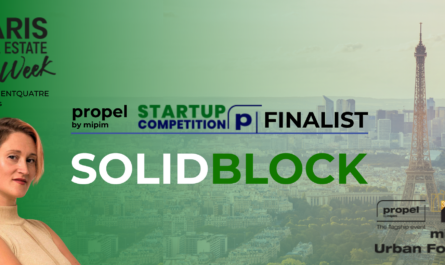
It feels like marketing partner Yael Tamar and CEO Ido Shachar just got back from the MindChain conference in Cluj-Napoca, Romania, but in just a few days they’ll be taking off again for the RICS Valuation Conference in London, England.
The RICS conference is unique because of its tight focus on valuation. It’s only open to professional valuers within the commercial property, business assets, business valuation, commercial property, and antiques spaces, along with a few others. We’re thrilled to have this opportunity to be sharing our experience and expertise in the area of real-estate asset tokenization.
In some of these fields, aside from a shift to computerized record-keeping and online communication, there’s been very little change even over the last fifty to sixty years. Meaning the vast changes over the past decade in the fintech realm have passed by many in these industries—or left them baffled and wondering what the next steps should be.
We’re planning to share a case study of our role in the recent tokenization of the St. Regis Aspen Resort property in Colorado through the Indiegogo crowdfunding platform not to brag about our experience and successful track record in this new field (though we could!), but to demonstrate how our model serves a blueprint for successful tokenization to help launch future projects.
Although the entire real estate industry lagged behind the times for a while, they’ve been forced into the 21st century by several factors, including by major innovation in the sphere driven by such disruptive startups as WeWork and Airbnb. As industry insiders have observed, the real estate technology field shot from a relatively sleepy $33 million in 2010 to over $5 billion in venture investment.
That’s only going to go up following a few major recent announcements centering on blockchain.
The Bank of China announced last fall that it’s moved over to a blockchain-based platform to store and mine information about property values, following hot on the heels of a decision by Hong Kong banking giant HSBC that it was also planning to use blockchain for valuation. HSBC was a blockchain early adopter, recently announcing that it processed $250 billion in blockchain transactions in 2018 alone – a number that’s sure to spur further use cases for blockchain in real-estate investment and other sectors.
All of which means that even in very traditional fields like real estate, professionals are sitting up and paying attention to the blockchain message like never before.
We believe hearing what we have to say and seeing first-hand how tokenization can make funding faster and simpler will help convince reps at the conference that blockchain technology, and especially STOs, can create incredible value for investors while providing all the security, transparency, and regulatory oversight that they demand.



